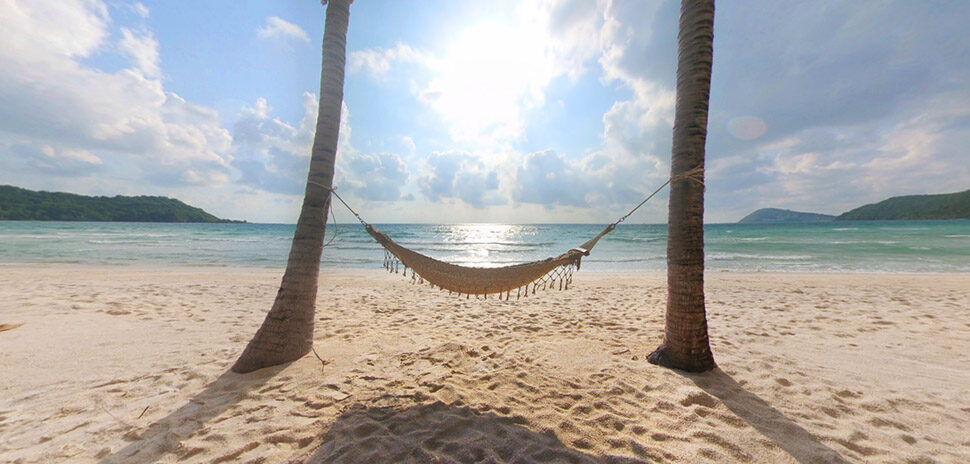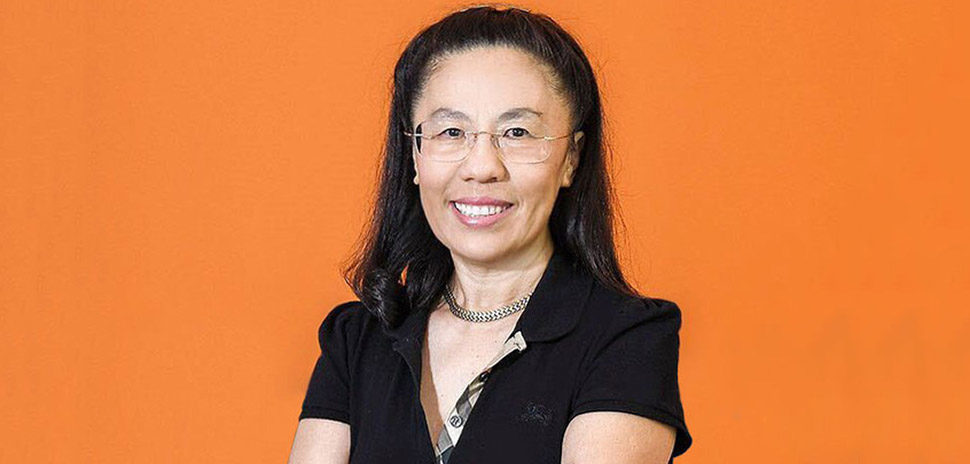With the COVID10 pandemic imposing travel restrictions and shelter-in-place orders, the hotel industry has taken a hit. Many, like OYO Hotels & Homes, an India-based hotel firm with U.S. headquarters in Uptown Dallas, have decided to offer accommodations to those fighting on the front lines of the virus.
OYO has been focused on offering rooms to those most in need, including medical, government and military support, healthcare, transitional housing, mobility, and transportation personnel.
It’s also been working with essential organizations—the Department of Homeland Security, Salvation Army, National Guard, Red Cross, Army Corps of Engineers, Department of Health and Human Services, and more—to quickly make arrangements as needed.
Doctors, nurses, and medical first responders have all been given free accommodations to sleep, shower, or recharge.
“We are working diligently to offer comfortable and hygienic accommodation to all those in need and our asset partners have a huge role to play in helping us achieve this,” Abhinav Sinha, global COO and operating partner of OYO US, said in a statement. “While the coronavirus crisis has deeply impacted our industry, it has also created the need for long-term stays for the frontline workers.”
Sinha said the team has also had the rare opportunity to continue serving guests during this time.
In a released announcement, OYO said it has seen an uptick in long-term stays (more than seven days) across its 300+ hotels in the U.S. during the coronavirus pandemic.
CBRE research shows that it will take around 6-10 months for U.S. hotel demand to start recovering from the outbreak. Hotel operators are encourage to “take the necessary steps to adequately prepare for recovery, while also setting proper expectations and KPIs,” Hospitality Net notes.
For OYO, it has seen success in long-term—upwards of a 21 percent increase in the category. And, in the transitional housing segment, OYO has seen a higher demand for stays more than 30 days long, particularly for displaced workers and medical staff.
“We are hopeful of driving demand for our partners across regions in the long term stays segment at a time when this can help maintain social distancing and break the cycle/chain of infections,” Sinha said. “Many of our hotels provide amenities in-house and are well-equipped to support the needs of long-term guests at an affordable price.”
To keep with social distancing guidelines, OYO has been enabling tech tools for remote guest assistance. Over the past four weeks, its average OS chat response time has been less than one minute. More than 95 percent of requests were answered in less than five minutes, OYO said.
OYO also made a statement regarding guest and employee safety:
The hotel chain has been constantly monitoring the situation and resorted to adaptive measures for ensuring business continuity for its asset partners while taking the necessary steps to safeguard the health and well-being of its guests with a clear focus on hygiene and cleanliness.
The company is constantly working on new protocols while adhering to the current ones on social distancing for guests staying at hotels.
OYO operates in more than 800 cities in 80 countries across the world. For more information on hotel stays, www.oyorooms.com.
![]()
Get on the list.
Dallas Innovates, every day.
Sign up to keep your eye on what’s new and next in Dallas-Fort Worth, every day.






























